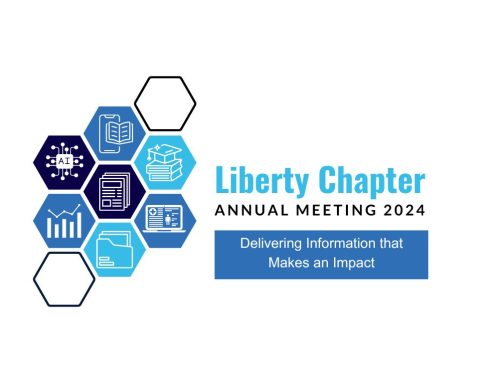We invite the Rockefeller community to share feedback and comments on the NIH Draft Policy on Data Management and Sharing
Hurry up! The deadline is January 10 2020!!

The push for open science and the growth of data-driven research are but two aspects of the scientific landscape that have accelerated the need for and importance of research data management (or RDM). It is a broad concept that involves the stewardship and sharing of data throughout the life cycle of a research project – from organization, storage and documentation to ensuring that data is accessible, reliable and reproducible. Effective data management requires planning. The NIH, after years of dialogue with researchers, released a draft policy in November that proposes, among other things, key data management, sharing and planning requirements for NIH-funded research. What this looks like in practice – in biomedicine, at Rockefeller, and in your lab – is evolving and will be shaped in large part by the NIH’s draft policy on data management and sharing, once finalized. The Office of the Chief Information Officer (OCIO) plans to respond to the NIH’s call for comments by the January 10 deadline and invites feedback from the Rockefeller community on elements of the response.
Key points of the planned response are:
- The NIH’s draft guidance proposes that the submission of a Data Management Plan will be on a Just-In-Time basis. We believe that the inclusion of this step at an earlier stage in the process would allow concurrent planning with experimental design and facilitate better time management in the process of planning. Especially important is that the Plan be completed prior to budgeting rather than after, as the process is proposed in the draft guidance.
- We propose that the allowed costs be more flexible. As proposed, they will cover some established repositories, but internal infrastructural support is not adequately included.
- We propose designation of an individual available at each institution who is trained in how to structure and maintain adherence to good data management under the new policy in addition to the proposed guidance by NIH provided during the regular reporting intervals (e.g. RPPR). This role would be given within Rockefeller to an individual able to act as a liaison between the program officer and the head of the lab.
- We consider it an oversight in the proposed draft that there is a focus on data without consideration of methodology. We believe methodology should be treated as data, and as such be standardized accordingly with the purpose of improving reproducibility.
- Data management plans will still be largely freeform under the proposed policy. It is our suggestion that additional guidance be provided so that applicants and institutions have a clear sense of what is required from them in constructing a plan and what is useful to consider for good data management. An explicit template of required elements would be a useful resource in addition to the suggested elements provided in the supplemental material of the draft policy. While there are many advantages to a freeform approach, a more structured approach would help guide applicants towards creating a useful and sustainable Data Management Plan.
We plan to encourage here at Rockefeller the development of resources to support good data management in addition to compliance with the forthcoming official data management and sharing policy from NIH. Already we are in the process of making available at RU the use of DMPTool for the creation of data management plans, and currently recruiting a Data Management Librarian to support and aid in the creation and management of data management plans for researchers. We invite you to engage in this ongoing development with any feedback in the comment section.





